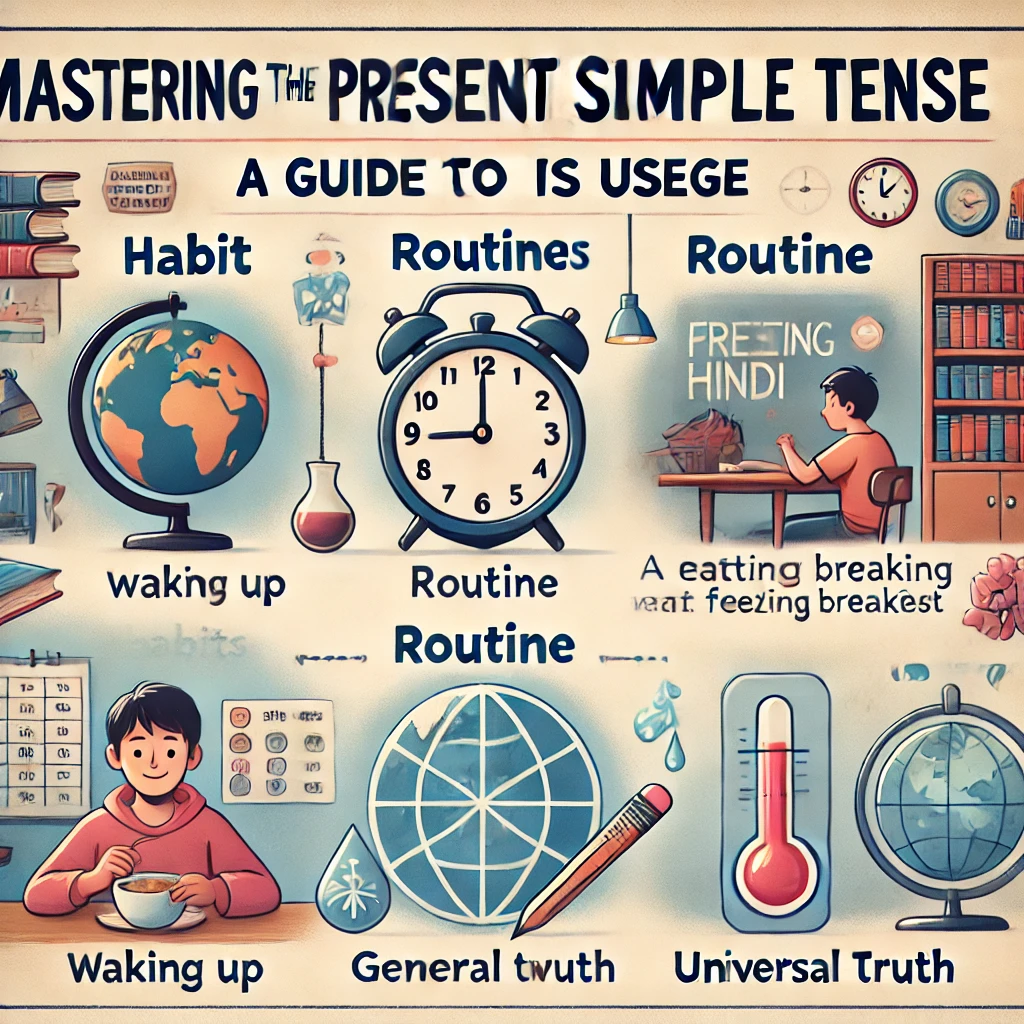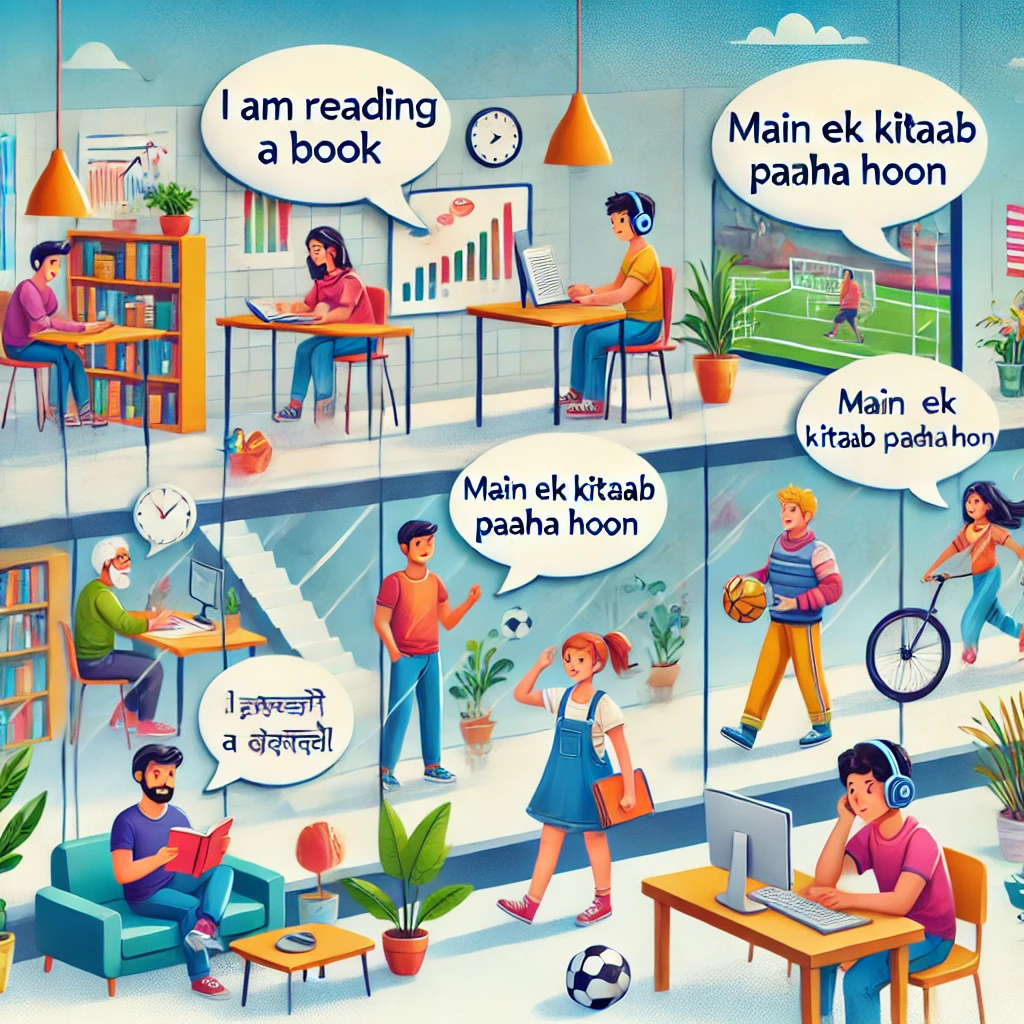Hindi Explanation:
समय के क्रियाविशेषण (Adverbs of Time) स्पष्ट संवाद में अत्यंत महत्वपूर्ण भूमिका निभाते हैं। ये शब्द बताते हैं कि कोई कार्य कब, कितनी बार, या कितने समय तक हुआ, हो रहा है या होगा। इनके बिना, वाक्य अस्पष्ट और भ्रामक हो सकते हैं। उदाहरण के लिए, "वह गया" वाक्य अधूरा है। "वह कल गया," "वह अभी गया," या "वह रोज जाता है" जैसे वाक्यों में समय के क्रियाविशेषण वाक्य को पूर्ण और स्पष्ट अर्थ प्रदान करते हैं। समय के क्रियाविशेषणों का सही प्रयोग घटनाओं के क्रम को समझने में मदद करता है और संवाद को सटीक और प्रभावी बनाता है। यह सुनिश्चित करता है कि श्रोता या पाठक को संदेश स्पष्ट रूप से समझ में आए, बिना किसी भ्रम के। इस प्रकार, समय के क्रियाविशेषण भाषा की सटीकता और प्रभावशीलता को बढ़ाते हैं।
English Explanation:
Adverbs of time play a crucial role in clear communication. They specify when, how often, or for how long an action takes place, is taking place, or will take place. Without them, sentences can be ambiguous and confusing. For instance, the sentence "He went" is incomplete. Adding adverbs of time like "He went yesterday," "He went just now," or "He goes daily" provides clarity and completes the meaning. The correct usage of adverbs of time helps establish the sequence of events and makes communication precise and effective. It ensures the listener or reader understands the message clearly without any confusion. Therefore, adverbs of time enhance the accuracy and effectiveness of language. Their proper use is vital for conveying information in a way that is easily understood and leaves no room for misinterpretation, particularly crucial when teaching English as a second language in a diverse classroom setting.
```html
| English | Hindi | Roman Hindi |
|---|---|---|
| He arrived yesterday. | वह कल आया था। | vah kal aaya tha. |
| She will leave tomorrow. | वह कल जाएगी। | vah kal jaegi. |
| They eat daily. | वे रोज खाते हैं। | ve roz khate hain. |
| I studied recently. | मैंने हाल ही में पढ़ाई की। | maine haal hi mein padhai ki. |
| We will meet soon. | हम जल्द ही मिलेंगे। | hum jald hi milenge. |
| He finished early. | उसने जल्दी खत्म कर दिया। | usne jaldi khatm kar diya. |
| She sings often. | वह अक्सर गाती है। | vah aksar gati hai. |
| They worked all day. | उन्होंने पूरा दिन काम किया। | unhone pura din kaam kiya. |
| I will call later. | मैं बाद में फोन करूँगा। | main baad mein phone karunga. |
| He always helps. | वह हमेशा मदद करता है। | vah hamesha madad karta hai. |
```




